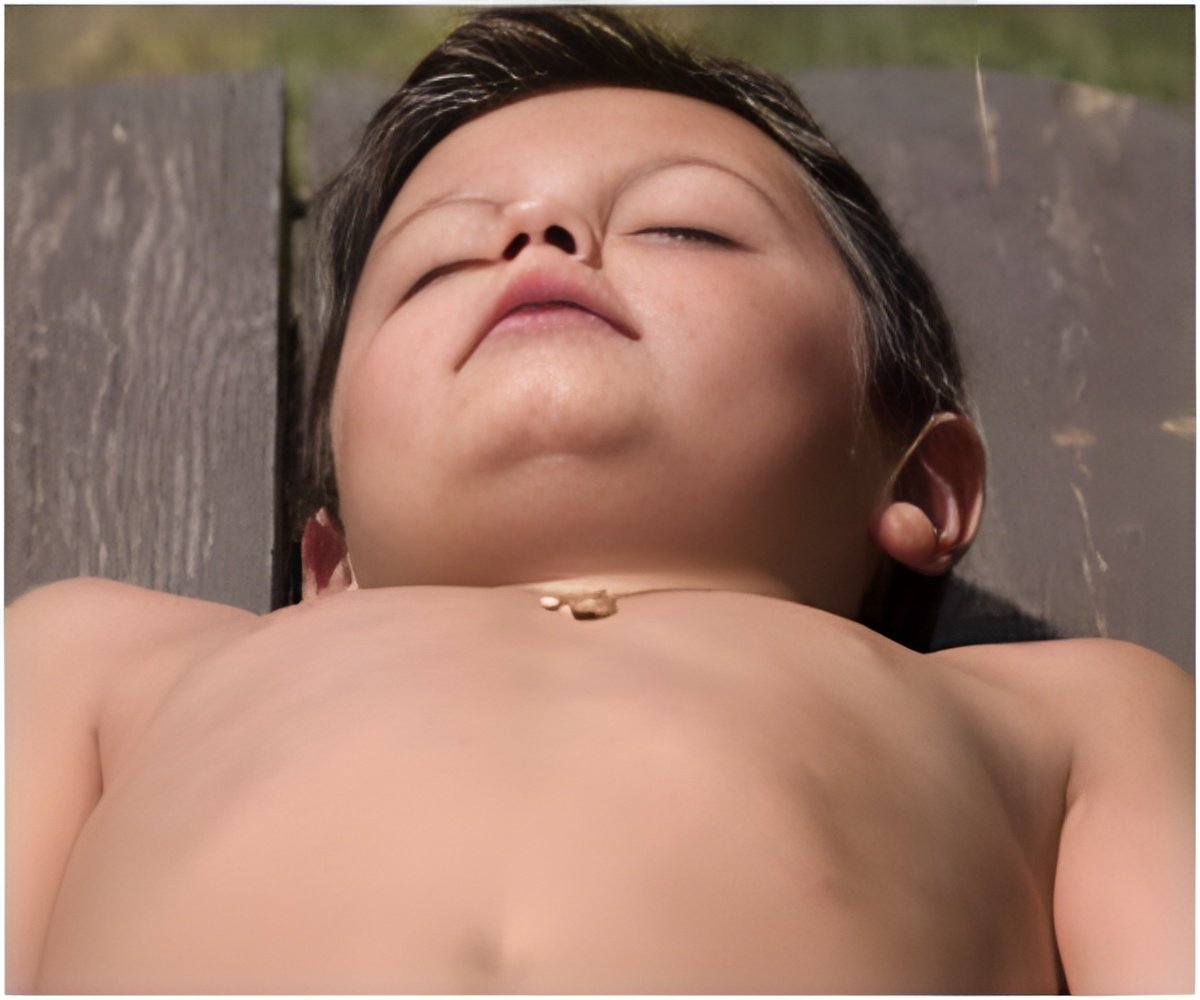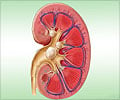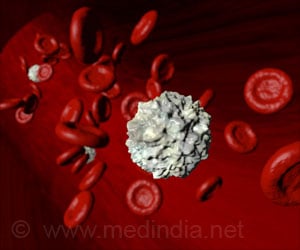In East Africa, the results from the Fluid Expansion as Supportive Therapy (FEAST) trial show that children who are given fluid to treat shock have an increased risk of death.

The FEAST trial was conducted in six African hospitals across Kenya, Tanzania and Uganda without intensive care facilities. It included 3000 children with shock caused by conditions including sepsis and malaria but excluded children with gastroenteritis, burns, who had undergone surgery or had severe malnutrition. All the children in the trial received standard treatments, depending on their illness including antibiotics, antimalarials, anticonvulsants, glucose or whole blood if anemic, but were randomly assigned to receiving fluid resuscitation or to a control group without fluid resuscitation.
Prof Kathryn Maitland, from the Wellcome Trust Centre for Clinical Tropical Medicine at Imperial College London, who led this study explained, "The children who were given this treatment (boluses) initially responded well compared to the control group. However, this did not translate into a better recovery at 48 hours - more children died in the group receiving boluses. The main cause of death, rather than fluid overload, was cardiovascular collapse."
This is surprising given that this treatment is standard practice elsewhere. The research team involved in this trial believe that in settings where there is a lack of intensive care facilities 'standard' procedures, such as fluid resuscitation, should not necessarily be used, especially when they have not been properly tested in clinical trials.
Commenting on this study Prof John Myburgh, from the University of New South Wales and The George Institute for Global Health, takes this one stage further and recommends that fluid resuscitation should be used with the same care as any potentially lethal drug, "Studies are beginning to show cracks in fluid resuscitation therapy and that careful monitoring is needed as well as a better understanding of dose and the way the therapy is given. The compelling results of this study from Africa question the wisdom of fluid bolus as therapy not only in pediatric patients but also in all critically ill patients."
This article marks the launch of an article collection on Medicine for Global Health in BMC Medicine. The collection will focus on public health initiatives, the development of health care policies, management of infectious and non-communicable diseases, cost-effectiveness studies and evidence-based guidelines which are needed to address the global burden of disease.
 MEDINDIA
MEDINDIA




 Email
Email








